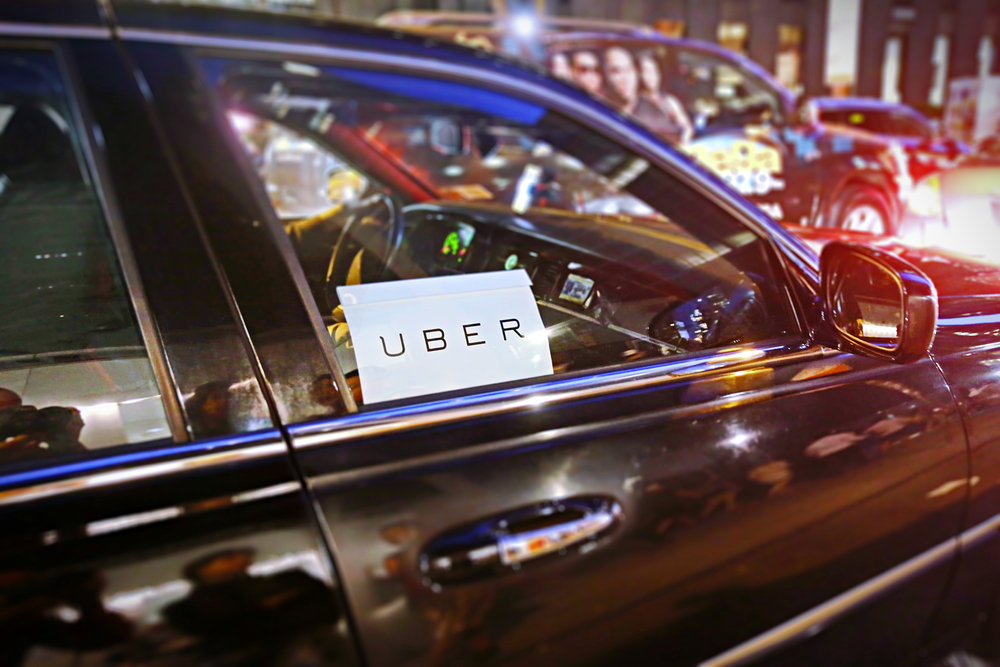The next big thing is robots. They are, you might say, on the move.
Within five years, robots will be doing a lot of things that people now do. Simple repetitive work, for example, is doomed.
Already, robots weld, bolt and paint cars and trucks. The factory of the future will have very few human workers. Amazon distribution centers are almost entirely robot domains. Robots search the shelves, grab items, pack and send them to you — often seconds after you have placed your order.
Of course, these orders will be delivered in vans, which must be loaded carefully, even scientifically. The first out must be the last in; small items must nestle with large ones. Space is at a premium, so robotic brains will do the sorting and packing swiftly, efficiently and inexpensively.
Very soon, the van will be self-driving: a robot capable of navigating the traffic and finding your home. At first, it may not get further in the delivery chain than calling you to say that your package has arrived. Eventually, humanoid robots may ride in the vans and, yes, hand your package to you. No tipping, please.
When we think about robots, we tend to think of the robots that look like us. The internet is full of clips of them climbing stairs, playing sports and doing backflips.
There are reasons for humanoid robots: They are less intimidating with their humanlike heads, two arms with hands and two legs with feet than a machine with many arms or legs. Also, most of the tasks the robot is taking over are done by humans. The tasks are fitted to people, such as pumping gas, preparing vegetables or painting a wall.
The first big incursion may be robotaxis. Waymo taxis are already operating in five cities, and the company has plans to roll them out in 19 cities. Several cities are concerned about safety, including Houston and Seattle, and want to ban them. But there are state-city jurisdictional issues about implementing bans.
A likely scenario, as with other bans, is that the development will go elsewhere. Travelers tend to eschew places where Uber and Lyft aren’t allowed to operate in favor of those where they are.
You are already dealing with robots when you talk to a digital assistant at an airline, a bank, a credit card or insurance company, or any business where you call a helpline. That soothing, friendly voice that comes on immediately and asks practical questions may be a robot: the unseen voice of artificial intelligence.
In the years I have been writing about AI and its impact on society, I have consistently heard the AI revolution and its impact on jobs compared with the Industrial Revolution and automation. The one led to the other and in the end, many new jobs and whole new ecosystems flourished.
It isn’t clear that this will happen again and if so on what timetable. A lot of jobs are already in danger, from file clerks to delivery and taxi drivers, from warehouse workers to longshoremen.
AI is also changing the tech world. A whole new tier of companies is emerging to carry forward the AI-robot revolution. These are companies that make robots; companies that write software, which will give robots brainpower; and companies that will have a workforce that maintains robots.
These emerging companies will need a workforce with a different set of skills — skills that will keep the new AI economy humming.
What is missing is any sense that the political class has grasped the tsunami of change that is about to break over the nation. In just a few years, you may be riding in a robotaxi, watching a humanoid robot doing yard work or lying on a couch and chatting with your robot psychiatrist.
Our species is adaptable, and we have adapted everything from the wheel to the steam engine to electricity to the internet. And we have prospered.
Time to think about how to prosper with AI and its robots.




